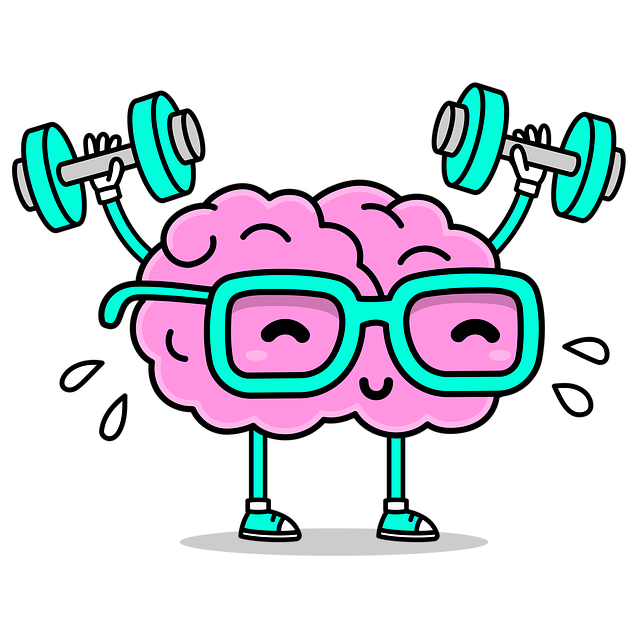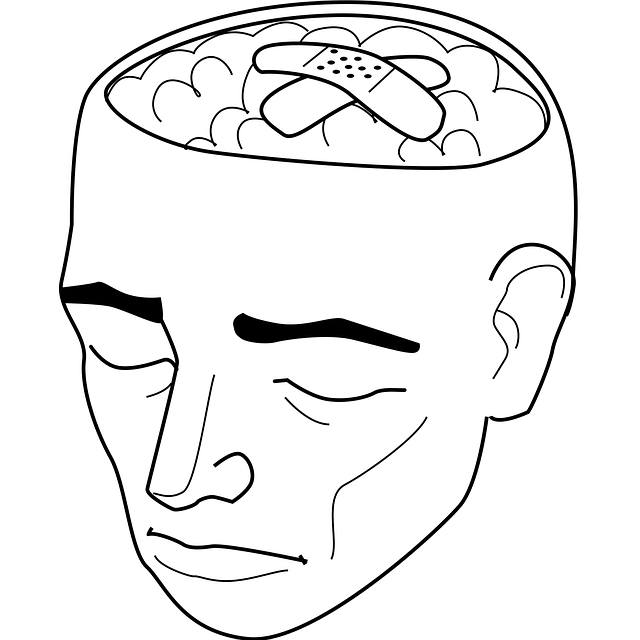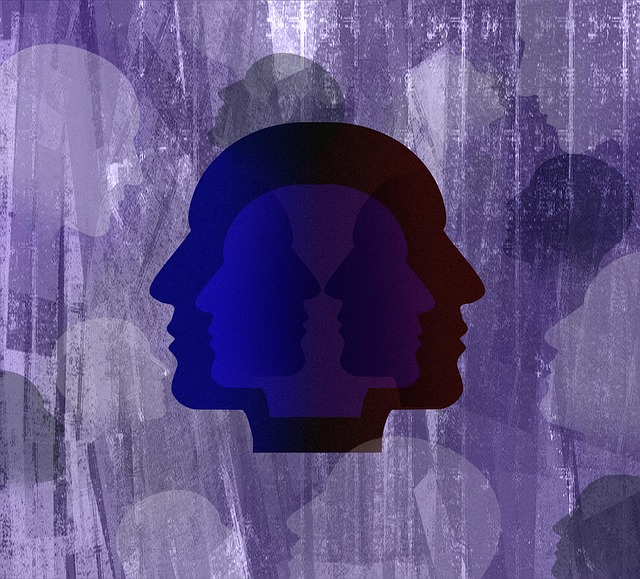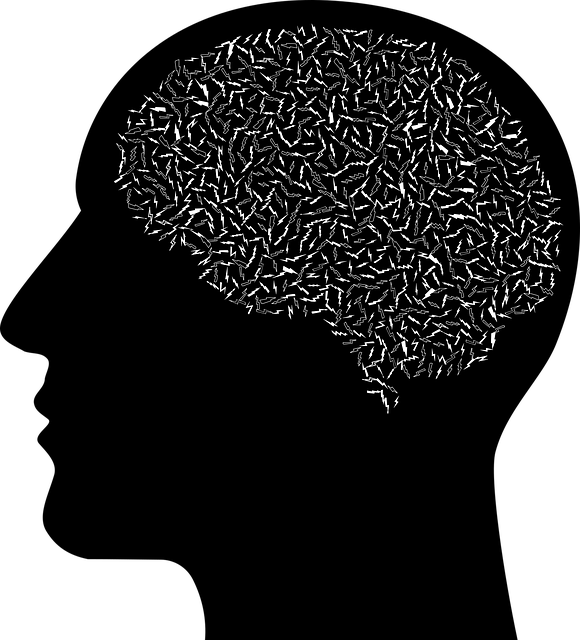Cultural sensitivity in mental healthcare is vital for treating children with relationship issues, ensuring tailored and inclusive approaches. Understanding cultural contexts enables therapists to navigate differences, create safe spaces, and adapt practices. By recognizing barriers, incorporating traditional healing methods, and promoting culturally relevant self-care routines, therapists can enhance therapy outcomes, strengthen relationships, and provide more effective interventions for diverse young clients facing relationship challenges.
Cultural sensitivity is an indispensable aspect of mental healthcare, especially when treating children from diverse backgrounds. This article explores the nuances of cultural sensitivity in mental health practice, focusing on therapy for young individuals. We delve into the challenges and considerations unique to children, emphasizing the importance of building culturally competent relationships to enhance treatment outcomes. By understanding these dynamics, mental health professionals can provide more effective support, addressing not just relationship issues but also the complex interplay of cultural factors.
- Understanding Cultural Sensitivity in Mental Healthcare
- Challenges and Considerations in Therapy for Children from Diverse Backgrounds
- Building Culturally Competent Relationships to Enhance Treatment Outcomes
Understanding Cultural Sensitivity in Mental Healthcare

Cultural sensitivity in mental healthcare is an essential aspect that cannot be overlooked when providing therapy for children with relationship issues. It involves understanding and respecting the cultural context, beliefs, and values of individuals seeking treatment. In today’s diverse society, healthcare providers must recognize that a one-size-fits-all approach may not work effectively, especially when addressing complex emotional challenges. Cultural competency training for mental health professionals equips them with the skills to navigate these differences and create a safe, inclusive environment.
By incorporating cultural sensitivity, therapists can adapt their practices to meet the unique needs of each client. This might include recognizing cultural barriers to treatment, understanding family dynamics within different communities, and incorporating traditional healing practices when appropriate. For example, promoting self-care routines tailored to individual cultures can significantly contribute to improving self-esteem and overall mental well-being. Such an approach not only enhances therapy outcomes but also fosters a stronger therapist-client relationship, ensuring more effective interventions for children facing relationship issues.
Challenges and Considerations in Therapy for Children from Diverse Backgrounds

Providing therapy for children from diverse backgrounds presents unique challenges that demand cultural sensitivity and adaptability from mental healthcare professionals. These young individuals often bring with them experiences shaped by their ethnic, cultural, and socioeconomic identities, which can significantly influence their relationship issues and overall mental health. For instance, a child from a refugee background might struggle with trauma-related symptoms or language barriers, requiring therapists to employ culturally adapted approaches that consider their unique circumstances.
Mental healthcare professionals must be vigilant in conducting thorough risk assessments for these children, taking into account potential cultural factors that could exacerbate existing mental health concerns. Additionally, fostering strong therapeutic alliances built on mutual respect and understanding is crucial. Compassion cultivation practices and self-care routine development can enable therapists to maintain the necessary emotional resilience when navigating complex cultural dynamics.
Building Culturally Competent Relationships to Enhance Treatment Outcomes

Building strong, culturally competent relationships is a cornerstone in enhancing therapy outcomes for children with relationship issues. Mental healthcare practitioners must embrace and understand the diverse cultural backgrounds of their young clients to offer effective support. This involves actively listening to and valuing each child’s unique experiences, beliefs, and perspectives. By creating a safe, inclusive environment, therapists can foster open communication strategies that encourage emotional regulation skills, which are crucial for navigating relationship challenges.
Cultural sensitivity in therapy also includes being aware of the impact of systemic barriers and historical traumas on mental health awareness. Through culturally responsive practices, therapists can better address the specific needs of children from diverse backgrounds, ensuring their therapeutic journey is meaningful and successful. This approach not only respects individual identities but also strengthens the bond between therapist and client, leading to improved treatment outcomes.
Cultural sensitivity is paramount in mental healthcare, especially when addressing therapy for children from diverse backgrounds. By understanding cultural nuances and building culturally competent relationships, practitioners can enhance treatment outcomes and create a safe space for vulnerable young individuals to navigate their relationship issues. This approach not only improves clinical effectiveness but also fosters trust and promotes positive mental health outcomes for all children, regardless of their cultural or ethnic background.














